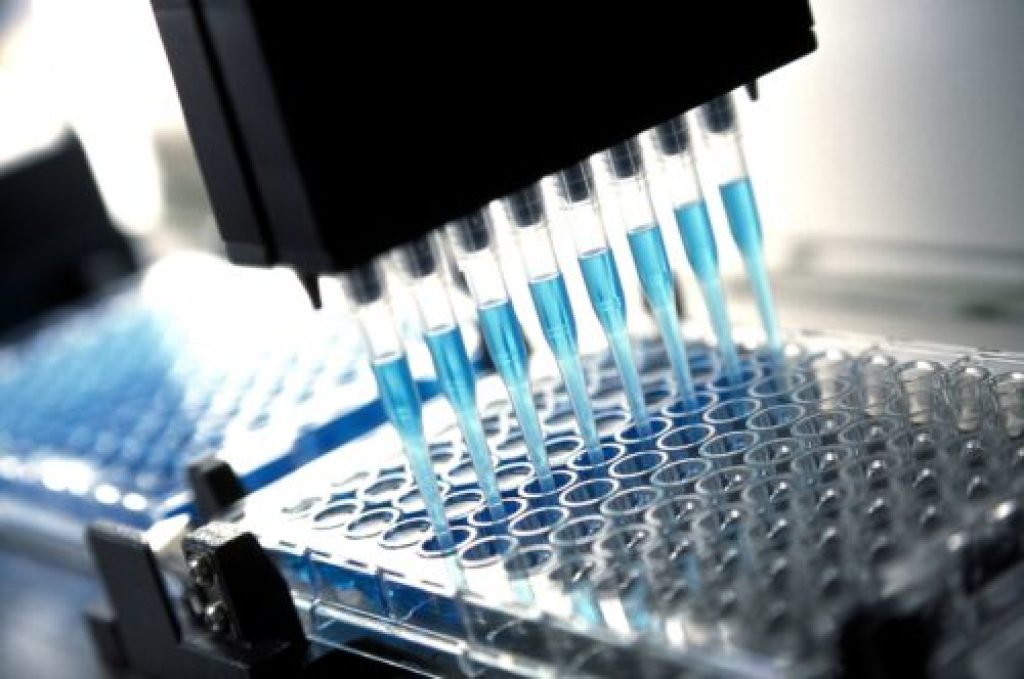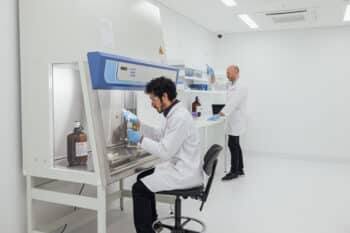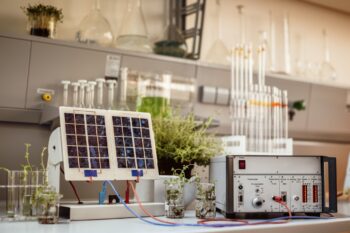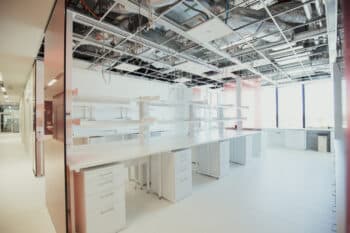While every laboratory would love to have the latest, most innovative equipment that’s on the cutting edge of research and capability, it’s something that’s not always possible. If your budgets are somewhat limited, then you may have to look at purchasing used and refurbished equipment instead.
That said, surely the most essential elements of laboratory equipment are its reliability and accuracy? Buying new, high-quality equipment must be the only way to achieve that then? Not quite. If it’s purchased carefully and inspected regularly, it’s possible to find efficient, cost-effective lab equipment without breaking the bank.
And while going the second-hand route might seem counterproductive, if you know what to look for and the right questions ask, you can minimise the chance of risk in the process. Though push back at the idea exists, the principle is no different from buying a used car or purchasing something from eBay. There are plenty of organisations that have measures in place to redistribute used equipment between departments, divisions and even different countries.
Still unsure? Here, we’ll weigh up the pros and cons of buying used lab equipment to help you see whether it’s the right way to go for you.
The pros of buying used equipment
The price
First things first: the price of used equipment is always less than the price of equipment that’s brand new. So theoretically, you should be able to find machinery of good quality with a cost that’s far less than the original asking price. Plus, the savings you’d be making could make a big difference to the budgets of most laboratories.
It’s worth noting that machinery depreciates in its first few years too; buying used lets you purchase reliable equipment where someone else has already absorbed the biggest depreciation costs.
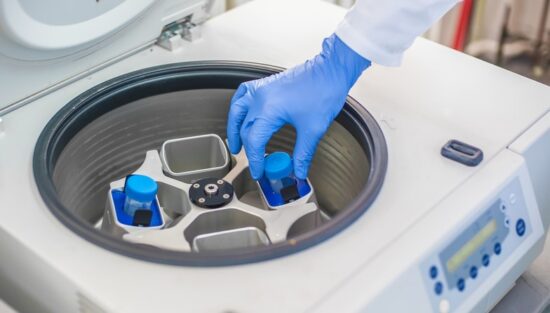
There are hidden gems and great deals to be had
Just because you’re opting to buy second-hand equipment, it doesn’t mean what you’re purchasing is going to be unreliable. Some suppliers guarantee a thorough inspection, product support, and extended coverage for the purchase of their certified used equipment. It’s worth double-checking with your supplier beforehand to see if they offer such services, rather than finding out they don’t after you purchase.
Buying ex-demonstration equipment is where you can find your share of hidden gems. Such equipment is often still in a manufacturer’s current product range and can be sold with a standard warranty. What’s more, many companies will have products in their range that can’t be sold as “new”, because they’ve already been used for exhibitions or used on customer sites in the sales process.
While the savings might not be the same as genuine lab-used equipment, you can still buy a modern, quality piece of equipment in excellent condition for less than the asking price.
Less chance of backed-up orders
When buying new, backed-up orders might mean a longer waiting period for this new equipment. This can lead to delays in research and experimentation, and incur a greater cost on your laboratory as a whole. If you buy new, then make sure you confirm any lead times with your sales representative.
The cons of buying used equipment
Unknown supplier
You might be rolling the dice on a supplier with no credentials, mandatory inspections or certifications. Additionally, there’s no telling how the previous laboratory used, inspected or maintained the equipment. It’s important to ask questions about the equipment you might be purchasing, but remember you’re only relying on their word of mouth. Also, keep in mind that once you do purchase used equipment, you’ll be largely on your own in terms of future assistance.
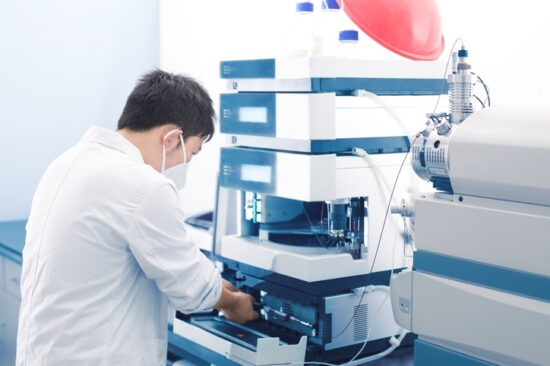
For instance, it’s possible to buy for cheap directly from other laboratories. If it’s an asset auction of a lab that’s closing down, it can often be the cheapest way to buy. However, it does require you to have confidence that the machinery equipment is in working order when making your purchase.
Old equipment might mean poor condition
For the most part, second-hand equipment will likely mean it’s outdated. Weigh up the older, cheaper versions with their newer counterparts; will the savings offset the improved productivity and efficiency of a new model? Additionally, this may also mean the equipment you’re buying is in poor condition, incurring further costs if you need to repair said items once they arrive. Be wary of any hidden costs and equipment damage that may be kept from you when negotiating with a supplier.
Lack of warranty
Likewise, buying privately from an unknown supplier could mean there’s no warranty to guarantee your satisfaction with the equipment. Do your research beforehand.
Buying used: Things to consider
If you’ve decided that buying used lab equipment is the best option, then it’s worth taking into consideration the following when talking to whoever may potentially be selling you the equipment:
- Find out what your vendor options are: These range from manufacturers and third-party suppliers to online auction sites.Weigh up the options before making your purchase. Are you willing to risk a lack of warranty, or is that something you need to have when buying?
- Ask for demonstrations: You need to see if the equipment is functioning optimally before purchase. Asking for a demonstration will show whether there’s any special procedures or difficulties to take into account, and increase your trust in the supplier.
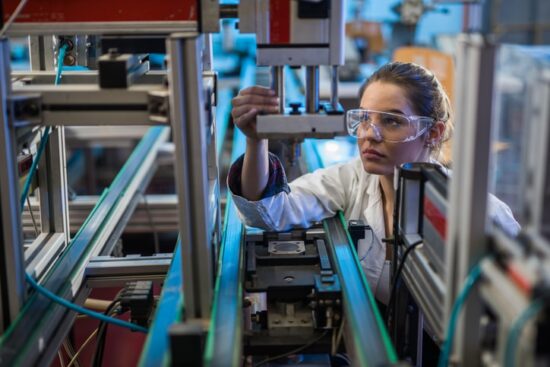
- Negotiate between vendors: If you’ve received multiple quotes between vendors, use them to your advantage. As well as the price, you can negotiate on longer warranties and service contracts (if you require one).
- Read reviews and ask for referrals: You want peace of mind that the supplier is reliable and trustworthy. Ask around and do your research before committing to anything.
- Ask about the history of the equipment: Ask the seller about any known problems with the equipment. Likewise, if you’re buying from a lab that previously used it, ask to see the maintenance logs to check if the equipment was properly taken care of.
Planning a complete lab redesign? Get in touch with a member of our team to see if we can help. For more information about our bespoke fitted labs, visit our homepage or call our team on 01223 894 833.

